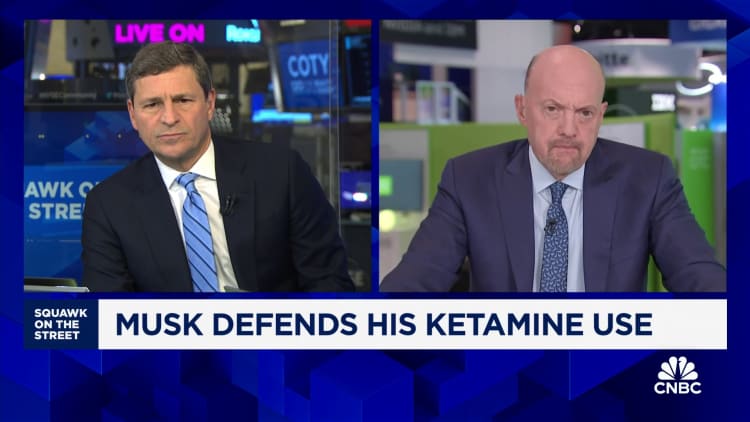A federal judge in California recently dismissed a lawsuit filed by Elon Musk’s company against the nonprofit Center for Countering Digital Hate. The lawsuit alleged that the research group engaged in a “scare campaign” to drive away advertisers and falsely claimed that Musk’s company was overwhelmed with harmful content. However, the judge ruled that the case was actually about punishing the defendants for their speech, rather than any alleged breach of contract or data scraping.
The research group, CCDH, had conducted studies that found an increase in antisemitic and anti-Muslim hate speech on Musk’s platform after he took over. Despite X’s claims, the judge made it clear that the lawsuit was primarily aimed at silencing criticism of the company.
CCDH hailed the judge’s ruling as a victory for free speech and a warning to those who seek to censor critics of social media companies. Musk’s company, on the other hand, expressed disagreement with the court’s decision and plans to appeal.
In a similar vein, Musk is pursuing other legal actions against different groups, including a lawsuit against an Israeli web data collection company for scraping data and a lawsuit against Media Matters for America over an investigative report linking X to pro-Nazi content.
In my opinion, the judge’s ruling in this case serves as a reminder of the importance of protecting free speech, even when it comes to scrutinizing powerful figures and companies like Elon Musk’s. It’s essential for watchdog organizations like CCDH to be able to hold these entities accountable without fear of legal retaliation. Musk’s aggressive legal actions against critics and researchers raise concerns about attempts to stifle dissent and criticism in the online space. As tech giants continue to wield immense influence over public discourse, it’s crucial for independent voices to be able to speak out without facing legal threats or intimidation.


